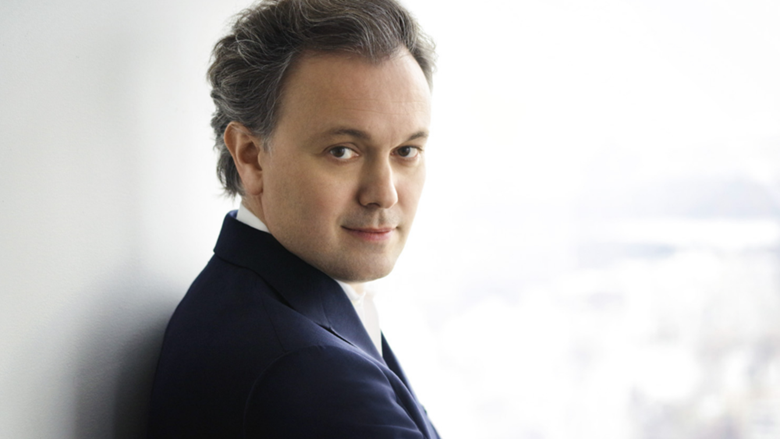'I love Bach most, there’s no question': Alexey Shor Q&A
Wednesday, September 29, 2021
Alexey Shor was composer-in-residence at this year's InClassica International Music Festival, held in Dubai from 28 August to 26 September. Lucy Thraves caught up with him to find out more about his compositional style, influences, and plans for the future

You’ve lived in many places throughout your life. How has each influenced your compositional style?
Classical music is very cosmopolitan. We use the expression ‘common era’ which was the time of Mozart and Beethoven, and at this time you absolutely cannot tell where the composer was from. And I think that has persisted. It’s still a very cosmopolitan art form. Where I live probably affects me as a person and how I feel and what sort of emotions I go through, but at the end of the day the music is probably not very dependent on where I am.
How did you end up in New York?
It’s a very long and convoluted story, very typical of Russians and Ukrainians of my generation. I was born in Kiev, and then Chernobyl blew up, and the Soviet Union collapsed, so I’ve lived in many different places.
From what in your environment do you draw inspiration?
Just from day-to-day things; whatever happens in my life. My travel… or my eight- and nine-year-old children. They are responsible for my piano cycle Childhood Memories and a lot of other inspiration that isn’t as explicit.
How has having studied for a PhD in Maths affected your music?
I think it’s somewhat helpful in the sense that it disciplines your mind and helps you to process large amounts of information that comes in and to organise it. I think Maths is a good starting point for any career.
Did you study harmony and counterpoint in the traditional way?
Yes, I read a million books on all of the theories of counterpoint and harmony, from the modern textbooks, the ones used at the Julliard and so on, to the very old ones by Tchaikovsky and Rimsky Korsakov.
Which composer are you most inspired by?
I love Bach most, there’s no question. If I had to choose I would listen to the music of Bach for the rest of my life but fortunately I don’t have to choose.
What’s your favourite instrument to write for?
I write for piano, violin and cello a lot. Piano has the advantage as you can write melody and harmony, so typically if I have music in my head then I write it first for piano and then figure out what else happens to it. Sometimes I don't have an instrument in mind, sometimes I do. But because I always start with writing for piano this process leads to more piano pieces than anything else.
What’s it been like having the likes of Stephen Isserlis play your music?
It’s amazing. He’s a legend. He was extremely diligent in his preparation, way before the dates of the concert. He played the first performance of it in Italy, which I couldn’t make it to, so this was the second time it was played. It was a wonderful concert.
What have been the highlights of this year’s InClassica festival?
There are so many. I think someday when people are writing the history of coronavirus and music, then this festival would have to have its own chapter. It’s always wonderful to see people again who I’ve collaborated with before, and to meet new people. Stephen [Isserlis] has played my music before but we’d never met. This was the first time that Mikhail Pletnev played my music too. Maxim Vengerov has been a friend for a few years, so it was great to see him.
Is there any one in particular you'd like to hear play your music in the future?
I’ve been very, very fortunate with the people that choose to play my music and obviously I have other people who I respect as musicians, so if someday they also play my music then that would be great. But in the meantime, I am enjoying the people who have played my music at this festival – because it’s amazing, it’s a who’s who of the people at the top of classical music.